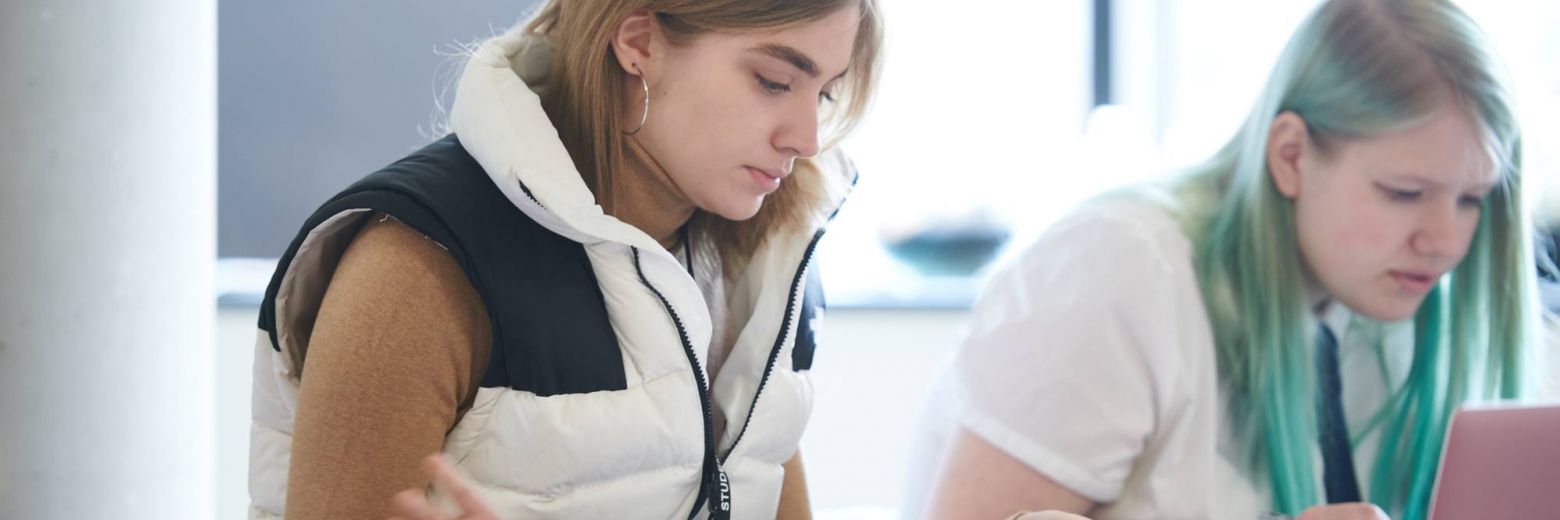GOVERNMENT AND POLITICS
At DLD you will learn to study politics critically. This means examining how democracy really functions, why political decisions are made by a minority rather than a majority, and how politics in different countries is influenced by international developments
WHAT IS GOVERNMENT AND POLITICS?
The Greek philosopher Aristotle argued that politics is the ‘master key’ which unlocks the mysteries of human social life. When most people think of politics, they think of party political broadcasts, questions in the House of Commons and photo opportunities for the Prime Minister. All of these are part of modern politics but they are only a part of what students study on the course. At DLD we focus on three key aspects of politics: power, ideology and world order.
WHAT IS GOVERNMENT AND POLITICS AT DLD?
At DLD you will learn to study politics critically. This means examining how democracy really functions, why political decisions are made by a minority rather than a majority, and how politics in different countries is influenced by international developments. Classes at DLD are tutor-led, but all students will have an opportunity to contribute and participate in class discussions and debates. The course is assessed entirely by examination, and the emphasis is on preparing students to complete the questions confidently and within the time limit. All course notes and materials are provided, but students will be encouraged to purchase study guides and/or supplementary textbooks where applicable.
WHAT DO I NEED BEFORE GOVERNMENT & POLITICS AT DLD?
Ideally, candidates should have an interest in politics and current affairs. They should also have good or above average literacy skills, and should enjoy reading. The most successful students are those who engage in private study, in addition to the work set by the tutor.
GOOD SUBJECT COMBINATIONS
A Level Politics is a good choice for students considering a career in the professions, or those who simply want to understand how the world works. Politics goes well with Economics, History, Sociology and English. Politics does not just appeal to social science students, however: increasingly, Art and Drama students have enrolled to study Politics, giving them a broader perspective on the world.
WHAT DO I DO AFTER DLD?
Most students who study Politics go on to university, and many decide either to continue with Politics and/or International Relations (for which they will be very well prepared) or to study History. Some students decide to study Law or Journalism as postgraduate options, and Politics provides an excellent grounding for these professions. Politics is also useful for students planning to join graduate training schemes, as employers view the subject as serious and challenging. Of course, many students make no direct use of the qualification, instead, they take with them a higher level of insight into the world, and there is no substitute in life for knowledge.
QUESTIONS ON GOVERNMENT AND POLITICS COURSES
Q. Can I do the course in one year? A. Yes Q. Will I need to read the newspapers? A. Yes
ENTRY REQUIREMENTS ON GOVERNMENT AND POLITICS FOR INTERNATIONAL STUDENTS
To study A Levels, your current or pending exam results should be equivalent to or higher than GCSE (General Certificate of Secondary Education) in at least 5 subjects and a minimum level of English equivalent to IELTS 5.5.
At the start of each academic year of study students following an A Level course without a pass at Level 5/Grade C in GCSE or IGCSE English Language or with an Academic English score below 6.5 overall must join an Academic English training course for the duration of the academic year which will be timetabled alongside A Level lessons.
If your level of English is not sufficient to meet the entry criteria for the A Level programme you will normally be offered a place on the one year Academic Preparation Course (pre A Level) in order to bring your English skills up to the required level.


